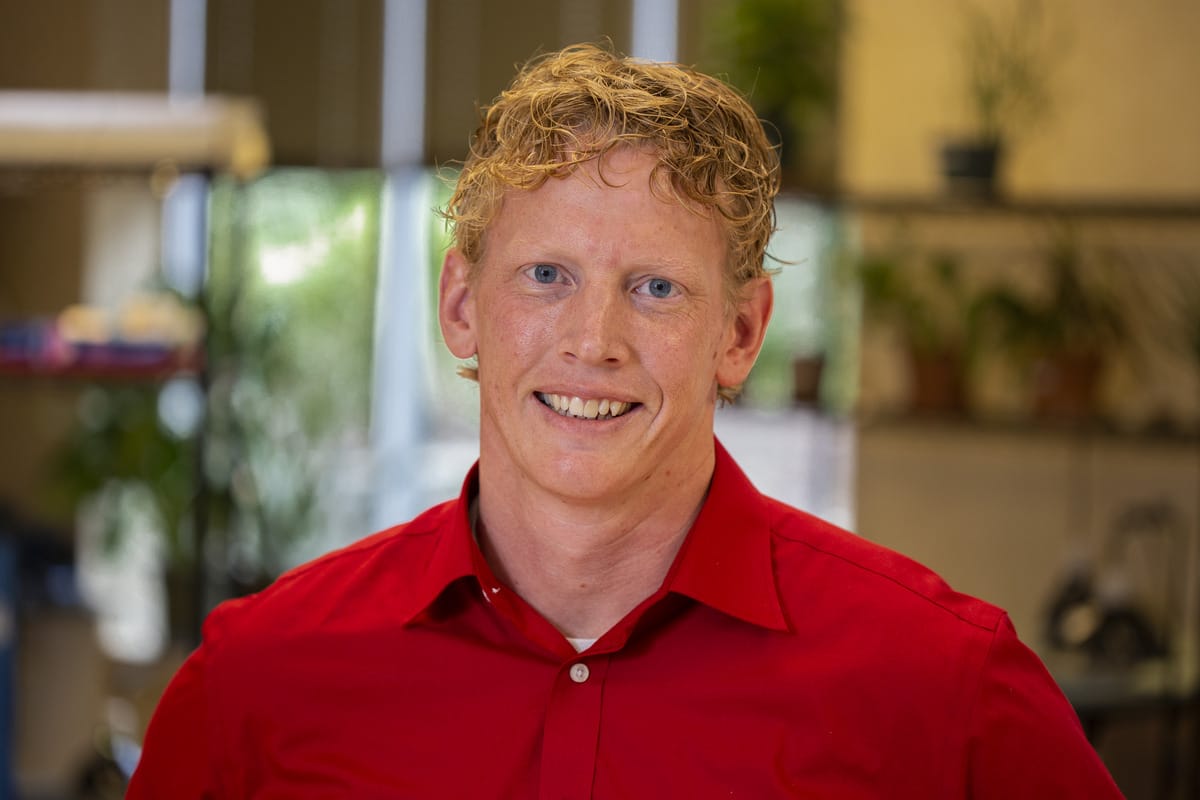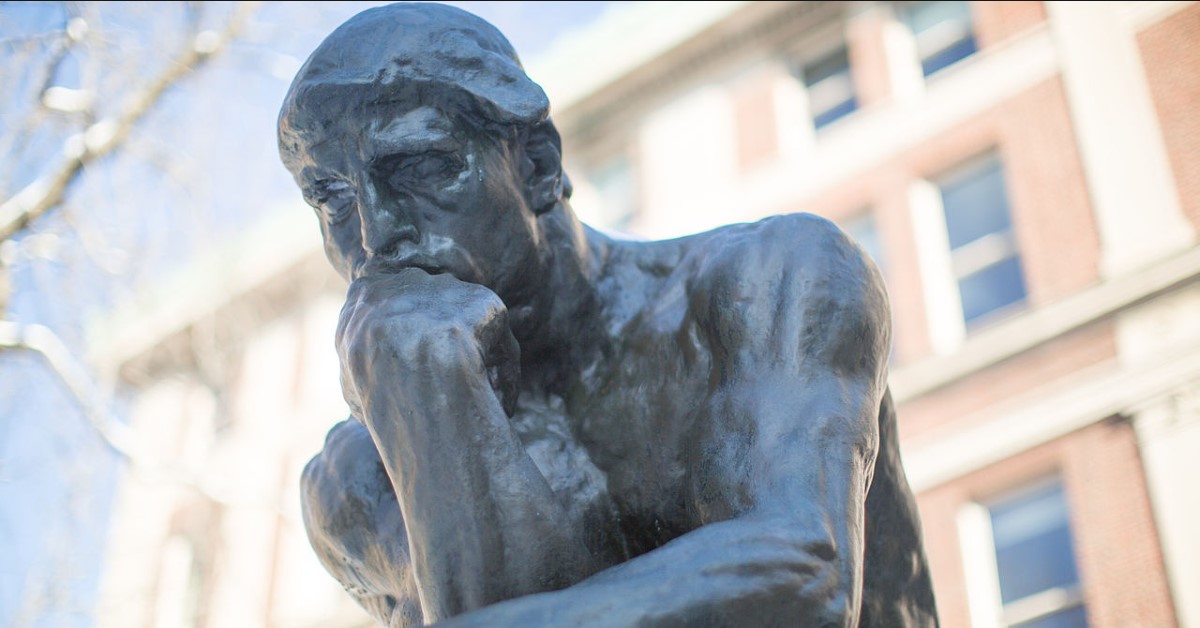“Where is the wisdom we have lost in knowledge? Where is the knowledge we have lost in information?” —T.S. Eliot, The Rock (1934)
We live in the information age. Our schools are awash in facts; our world is drowning in data. This creates both opportunities and challenges, and the challenges are more profound. How can we help students learn to swim — to grow into citizens who make sense of the world in a rich and meaningful fashion? One powerful practice is to ask a question that teachers often feel to be a nuisance:
“So what?”
When we ask students this question, we encourage them to move their thinking up a hierarchy of thought — to consider questions of purpose. So what if Thomas Jefferson made the Louisiana purchase? Why does it matter that Jackie Robinson broke the color barrier? So what if fractions can be added by finding like denominators? Why do we care? What can these facts teach us about life, the universe, and everything?
Four Important Truths
“Data is not information, information is not knowledge, knowledge is not understanding, understanding is not wisdom.” —Clifford Stoll
Asking students, “So what?” or “Who cares?” is a wonderful, simple, informal way to encourage them to make higher forms of sense. We can do more than that, of course. Consider four important truths — statements that are objectively true, and that most all of us agree to be important — but which are almost never said out loud in polite society, and which serve as a fitting foundation for a deeper understanding of the universe and our place in it:
- You are very small. The universe is unfathomably vast, and our little planet is a pale blue dot in a sea of emptiness.
- Your life is very short. In a geological sense, we exist for the blink of an eye. Our time on this planet is incredibly finite.
- Nevertheless, you matter. The gift is life is precious and weird: there exists in this vast universe a creature capable of looking out and understanding.
- Other people matter, too. You’re not alone. Each of the eight billion people on the planet is living their story as a paragon of animals and a quintessence of dust.
If we want wisdom to flourish in our schools, those realities must have an explicit place in our classrooms. Make time, in the middle of those lessons on sentence diagramming, to talk about the things that matter.
Go Out Learning
“Information is not knowledge. The only source of knowledge is experience. You need experience to gain wisdom.”—Albert Einstein
Einstein, as is often the case, was right: we need experience to gain wisdom. That experience comes in two flavors:
- First, make your learning hands-on. Students need to connect abstract concepts to concrete experiences in order to develop deep understanding. Develop yourself as a teacher by making inquiry the heart of how students construct their learning.
- Then, break your learning outside the walls of your classroom. Meet with experts and professionals. Share your learning with others. Help your students form connections with people they otherwise wouldn’t meet. Empower them to make a difference in their communities.
As students gain in experience, they learn more deeply — but more importantly, they become wiser. These are simple shifts, but they’re big ones: ask the big questions, have the big conversations, give your students bigger learning experiences. Which is fitting, I suppose; cultivating wisdom in our students, who will soon grow up and take over our world, is kind of a big deal.
*Image courtesy of VGrigas via Wikimedia Commons.

